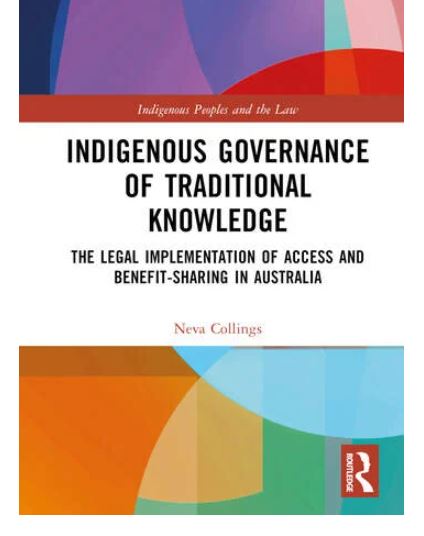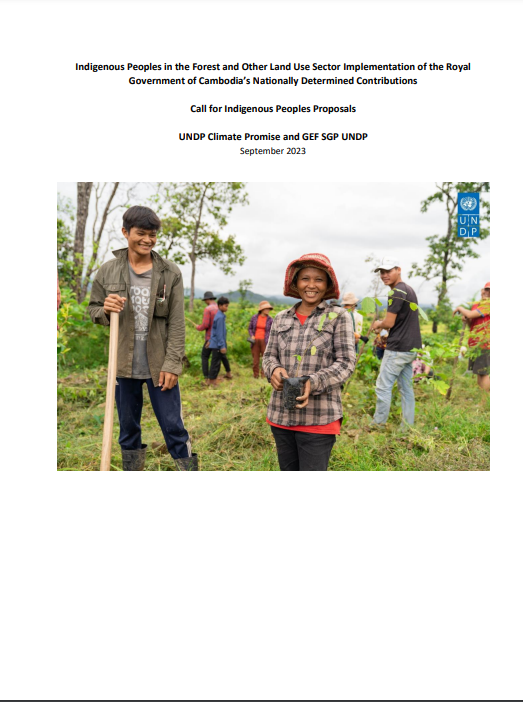
Indigenous Governance of Traditional Knowledge: The Legal Implementation of Access and Benefit-Sharing in Australia
Publication Year: 2023
Author(s): Collings N
Abstract:
Genetic resources from nature are increasingly used in global biodiscovery research and development, but they often use Indigenous peoples’ traditional knowledge without their consent and without sharing the benefit. The Nagoya Protocol is an instrument of the Convention on Biological Diversity intended to ensure Indigenous peoples’ traditional knowledge is used with their prior and informed consent or approval and entails benefit-sharing on mutually agreed terms. Many countries with significant Indigenous populations have signed the Nagoya Protocol and are currently grappling with implementation of its provisions. This book takes up a case study of Australia to demonstrate how Indigenous community governance in settler states can serve as a path to implementing the Nagoya Protocol. Australia’s access and benefitsharing framework is globally hailed as best practice, offering lessons for other countries implementing the Nagoya Protocol. Focusing on two Indigenous community organisations in Australia, the book establishes a unique evaluative framework for analysing and differentiating the governance arrangements used by Indigenous communities for facilitating decision-making related to traditional knowledge.
ISBN: 9781032433998
Publisher/Organisation: Routledge
Theme: Indigenous People | Subtheme: Community Rights
Related Documents
Training Materials
Securing Land Rights for Indigenous Peoples in Cities
Published Year: 2011
Abstract:
Land and property rights of Indigenous peoples are reviewed in the context of urbanization, in... Read More
Training Materials

Abstract:
This is a guiding document for Indigenous Peoples Organisations (IPOs), local NGOs (LNGOs) and... Read More
Reports
Indigenous women, daughters of Mother Earth
Published Year: 2020
Abstract:
There are 476 million indigenous peoples around the world, constituting 6.2 percent of the glo... Read More



